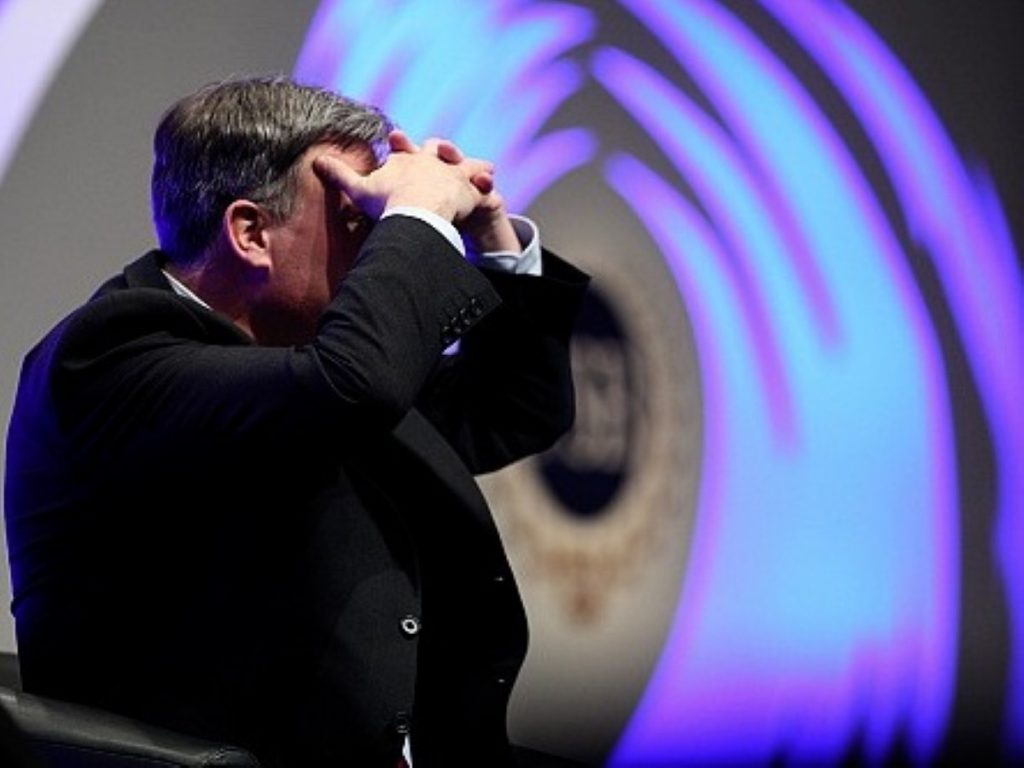It’s not a trap! Balls defiant over welfare cap
Ed Balls has rejected suggestions the chancellor laid a 'trap' for Labour in yesterday's Budget.
The shadow chancellor insisted this morning that Labour's planned abolition of the 'bedroom tax' would not see the opposition oppose the welfare cap, which he will vote to support next week.
It follows Conservatives in the Treasury claiming that if Labour follows through with its plan to scrap the 'spare room subsidy' it will cost the Treasury £465 million.
"This would breach the cap, so they'd have to come to the Commons [to get approval for the change] or find savings from elsewhere," a Treasury source said after yesterday's Budget statement.


The Commons will vote for an overall cap on welfare next week. Labour has said it will vote in favour of the cap, but believes it can scrap the bedroom tax without breaking its rules.
"George Osborne is such a tactical politician everything's got to be a trap," Balls told the Today programme.
"He announces he's setting a trap and then he gets frustrated when we're not walking into it."
Balls' team points out communities and local government secretary Eric Pickles – who the shadow chancellor claimed slept through part of Osborne's Budget statement – has already warned the 'bedroom tax' could end up costing taxpayers more than it saves.
The policy sees housing benefit claimants lose 25% of their payout if they have an unoccupied spare bedroom and 50% of the benefit if they have two unoccupied spare bedrooms.
Balls said Labour has "backstop provisions in place", including abolishing a tax cut for hedge funds, which would allow Labour to scrap the 'bedroom tax' even if officials insist it must be included on the total benefits bill.
Yesterday the chancellor revealed the welfare cap would initially be set at £119 billion in 2015/16 before rising in line with inflation to £127 billion in 2018/19.
It will include most benefits but not jobseekers' allowance or the state pension.
Some experts have suggested Osborne's decision to introduce a cap has perpetuated the "myth" that welfare spending has ballooned out of control in recent years.
"The period 1995-2011 saw expenditure on benefits, as a proportion of GDP, falling sharply and then remaining stable for the longest period since the foundation of the welfare state after the second world war," Professor Karen Rowlingson of the University of Birmingham said.
"Of course spending has increased since 2008/9 as a consequence of increasing levels of unemployment and underemployment but that is exactly why we have a social security safety net – to support people in times of need.
"The various caps to social security introduced by this, and previous, budgets, will merely serve to tear this safety net away and leave people vulnerable to severe levels of deprivation."









